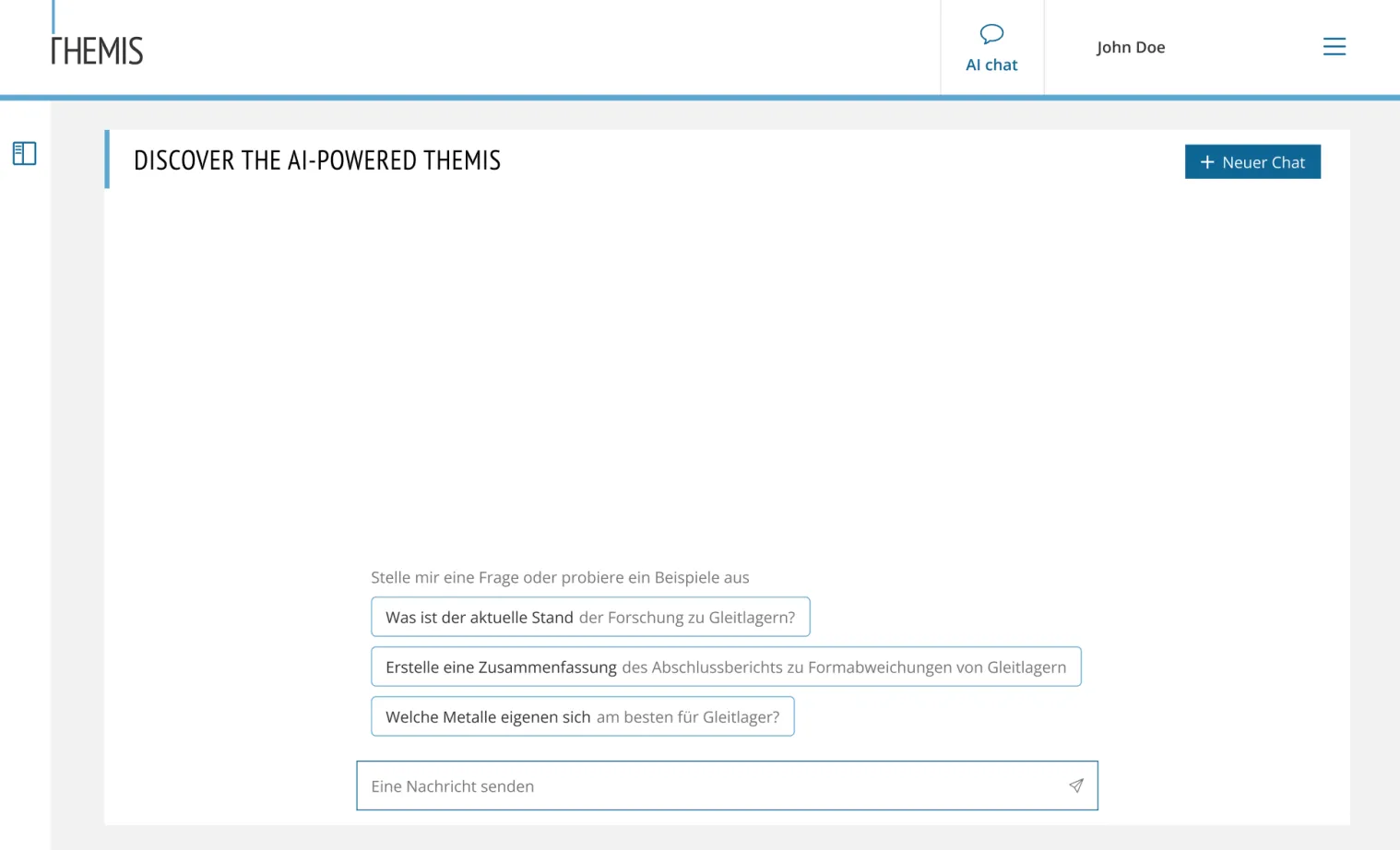In the digital age, data has become the gold of modern enterprises. It underpins knowledge, business models, and research, particularly when exclusive to the organisation.
But what if the amount of information has become so extensive that it can no longer be kept track of using conventional methods? What if the data does not have sufficient structure to be searched quickly and successfully? Then, to stay with the image, the gold is in the mine, but it is not available without additional tools. Less metaphorically speaking: in the worst case, the actually valuable data is then rather expensive electronic scrap that doesn’t help anyone.
Many companies are struggling with the problem of a lack of tools for this hard-to-access gold. They have a treasure trove of data, but are unable to use it. Many companies face this challenge, possessing vast amounts of data but lacking the means to utilise it effectively. The solution lies in the professional application of AI. Virtual Identity has now shown how this can work in the Themis system (also developed by VI) for the FVA – Forschungsvereinigung Antriebstechnik e. V. (Research Association for Drive Technology).
Themis is a communication platform, organisation tool and knowledge database all in one. The Communication & Knowledge Platform for Industrial Collective Research in Mechanical Engineering – Themis – is a database portal for the simple distribution and management of information and research projects. It is operated jointly by research associations that are members Forschungskuratorium Maschinenbau (FKM), doing research in the VDMA. The knowledge of the five research associations FVA, FVV, FLT, FKM, FVB from 50 years is gathered there in over 4000 research projects.
A huge treasure trove of knowledge. But it is also a treasure that is difficult to unearth.
AI-powered Themis can provide access to this treasure. The idea is to use AI to create easy access to knowledge. This includes saving time, as the relevant reports do not all have to be read. It also includes more relevant search results achieved with natural language interaction rather than cryptic search parameters.
The focus remains on the specialised knowledge, the project reports. The focus is on the experts as users, with a high need for precision and traceability. At the same time, the reliability of the results and the security of the data are paramount.

On the one hand, this ensures that the system is always at the cutting edge of technical possibilities. On the other hand, there are significant improvements compared to ChatGPT Public. This includes the option of allowing services to work hand-in-hand, and to supplement these with selected content, such as the FVA final reports. Cognitive search is also made possible in segments from final reports.
The first prototype of AI-Themis already shows the potential offered by the processing of such large knowledge databases with the help of artificial intelligence: Saving time, more relevant search results, and natural-language interaction are all part of it.
As part of the team built by FVA and VI, it was an exciting task to develop the prototype of our AI chatbot in Themis. Achieving this goal with standard services was a wonderful experience in such a dynamic environment as artificial intelligence.

Peter Exner, Manager of Innovation and Digital Communication at FVA, reflects on the development process: “As part of the team built by FVA and Virtual Identity, it was an exciting task to develop the prototype of our AI chatbot in Themis. Achieving this goal with standard services was a wonderful experience in such a dynamic environment as artificial intelligence.” He continues: “Being able to see the individual components of the chatbot and understand how they work together was fascinating. I would have liked to have gained even more insight into the interaction of the various elements and understand which adjustments were made at which point. However, I am also aware that there are limits that I have to accept for myself.
Now comes the exciting chapter in which the system will interact with all the final reports from 55 years of FVA research. The question whether we can use this chatbot to avoid duplicate research and identify gaps in knowledge is of great interest. The ability to show connections between different research focal points promises great added value for our work. I am excited to see how this will influence our understanding and our work in the future.”
Find out more about our AI Services here or get in touch with us.

